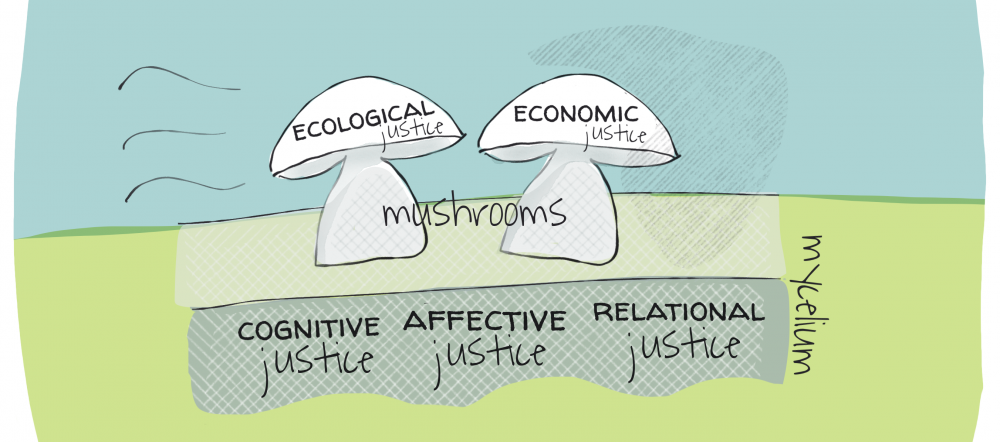Course instructors:
Vanessa Andreotti and Will Valley
supported by Cash Ahenakew, Hemi Hireme, Benicio Pitaguary and Keith Chiefmoon
Dates:
July 4th 9:00 am to 4:00 pm, Scarfe 204A
July 5th 9:00 am to 4:00 pm, UBC farm
July 6th 7:30 am to 9:30 pm convoy drive to Fort McLeod
July 7th – 14th, Kainai reserve, Alberta (camping)
July 18th, 4:30pm to 8 pm, UBC Farm
Course codes:
LFS490 (undergrad)/ EDST451 (undergrad)/ EDST565A
[each course code has a different sub-set of readings and assignments]
Course Description
This residency is a 12-day experiential learning course open to undergraduate and graduate students of all disciplines interested in thinking critically about sustainability and in witnessing and experiencing Indigenous relational practices. This course is hosted by the Faculties of Education and Land and Food Systems. Undergraduate students in Land and Food systems should register with the course code LFS490, graduate students in the Faculty of Education should register with the code EDST565A and undergraduate students in years 3 and 4 (from all disciplines) should register with the course code EDST451.
The course starts with two full days at UBC (4 and 5 July from 9 am to 4 pm) in preparation for 8 days of camping at the Kainai reserve in Alberta (7-14 July), followed by a debriefing session on 18 July from 4:30 to 8pm at the Indigenous Gardens at UBC Farm. At the Kainai camp, course participants will take part in activities led by UBC instructors as well as guest instructors from local and global Indigenous communities that have historically fought for land, water, food sovereignty, and food security, as well as for the protection of Indigenous languages, knowledge systems and ways of existing in the world. During the course, participants will also have the opportunity to witness and take part in a First Nations’ ceremony that centers the land, emphasizing the existential dimension of sustainability.
Drawing on Indigenous, decolonial and postcolonial studies, this course posits that the unprecedented challenges we face today are not related to a lack of information or problem solving skills, but to a habit of being/existing in the world that is jeopardizing the futurity of our species in a finite planet. When the dimension of being is overlooked, sustainability approaches tend to promote simplistic understandings of global problems and solutions, superficial analyses of power and history, paternalistic and tokenistic notions of inclusion, and ethnocentric views of justice and change. The course aims to create land-based learning experiences that will open different possibilities for students to imagine sustainability, by focusing on the following questions:
- What are the contributions, paradoxes, and limits of mainstream problem-posing and problem-solving paradigms of social and global change?
- What protocols need to be in place for ethical engagements at the interface of different and unevenly positioned knowledge systems?
- How do we develop approaches to community engagement that takes better account of the internal diversity and complexity of communities?
- How can we co-create new paradigms of social change that may open up not-yet-imaginable possibilities for co-existence in the future?
- How can we build capabilities and stamina for sustaining difficult conversations about the limits of our current system and its past and on-going violences?
- What dispositions are necessary to enable us to learn from (inevitable) mistakes and failures of sustainability initiatives?
earthcare residency syllabus
